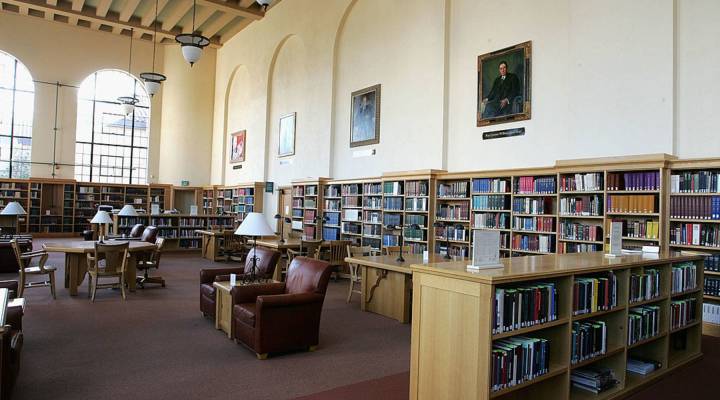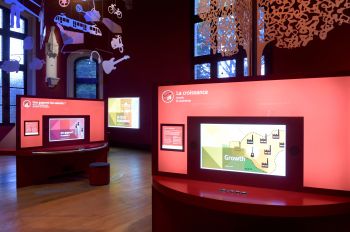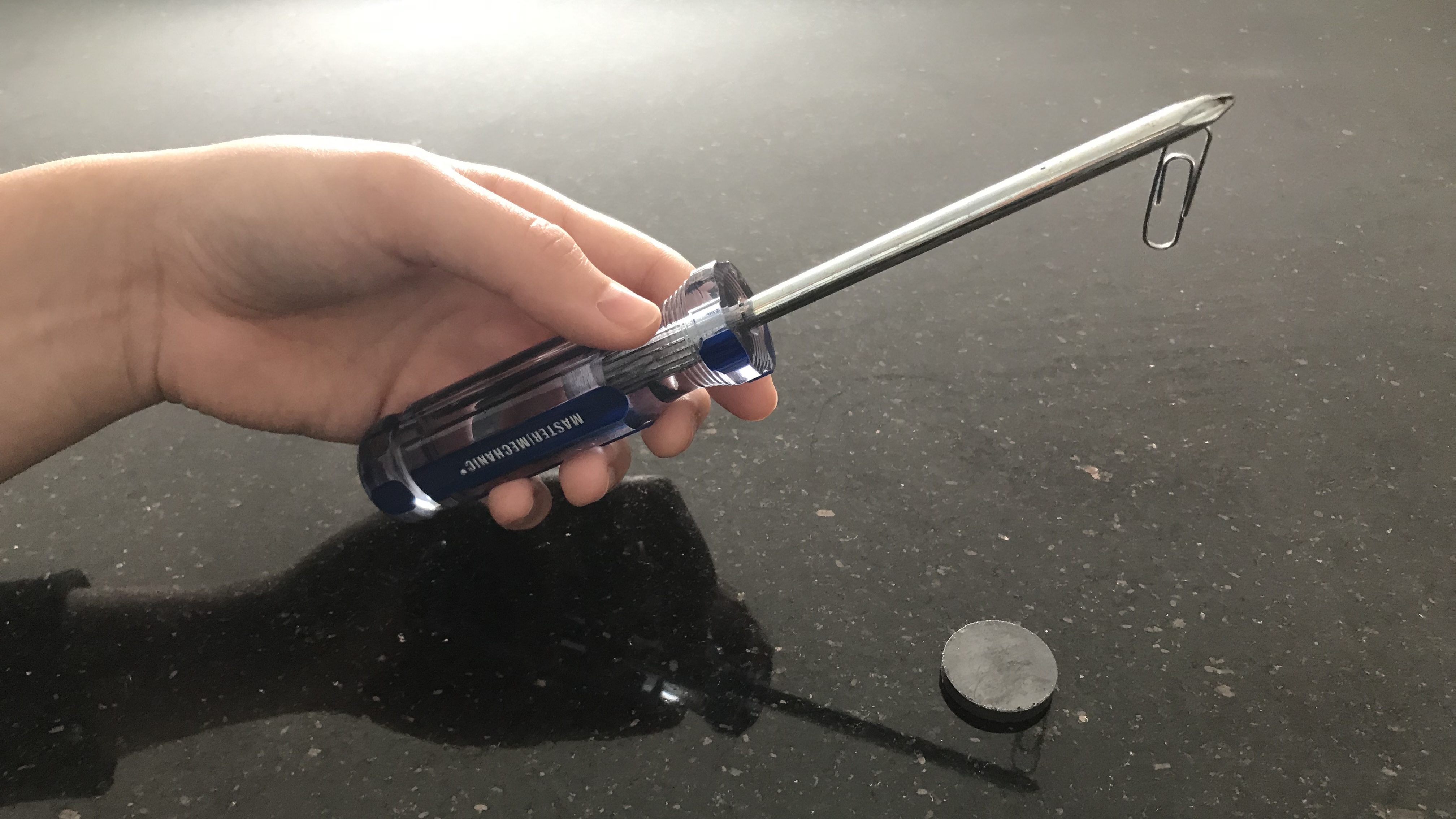
Using stories to teach economics

If you studied economics, was the material you worked with ancient — almost as if it were printed on papyrus?
The teaching methods for economics can be outdated. Well, now an international consortium of experts has come up with a fresh way to teach the subject, and you don’t even have to go to college to explore it. CORE, or the Curriculum in Open-access Resources in Economics, is an interactive ebook that illustrates economic concepts with real-life examples.
Wendy Carlin, an econ professor at the University College London and director of CORE, joined us to talk about how the project is trying to improve the way you learn about the economy. Below is an edited transcript.
David Brancaccio: OK, I love this. The motto: “Teaching economics as if the last three decades had happened.” What does that tell you about your project?
Wendy Carlin: What it tells us is that a lot has happened in the world and a lot has happened in economics over the past three decades. But we’re not bringing that into the introductory classroom. It tends to be dry and disconnected from what’s going on in the world, and it serves to turn off many students from economics. We’re trying to reverse that.
| What economists can learn from English majors |
| The 4 best ways to save on college |
Brancaccio: Tell me a bit more about the structure of this project. I suppose you could have written a fresh textbook. That’s one way to do it, but this is very different. It’s an international collaboration.
Carlin: What we’ve done is we’ve kind of pulled together a big group of international scholars, researchers, teachers of economics to develop a coherent, new way of teaching economics. And because of this rich group of different kinds of expertise, we’ve got lots of great examples and they’re not just made-up examples.
Brancaccio: Could an autodidact like myself get some value by going and taking a look at your curriculum, or is it best in a classroom setting?
Carlin: One reason that it is accessible to people who are not in a formal teaching setting is that we’ve kind of rediscovered the value of narrative, and economics is full of fantastic stories. So just as an example, we asked what happens in an economy when all the banks shut. Well, they did shut. All the Irish banks shut down in 1970 for six months because there was a strike. So this is a really fantastic way of understanding what money is in a situation where you don’t have any banks. And you’ll find that the answer to this question of, “How was money created during the Irish bank strike?” is the Irish pub. The pub landlord knew a great deal about his clientele and he could provide the level of trust that allowed money to be created and circulate in Ireland during the strike so that there was very little interruption to economic activity.
| How the Panic of 1837 predicted the Great Recession |
| Why is our banking system so far behind? |
There’s a lot happening in the world. Through it all, Marketplace is here for you.
You rely on Marketplace to break down the world’s events and tell you how it affects you in a fact-based, approachable way. We rely on your financial support to keep making that possible.
Your donation today powers the independent journalism that you rely on. For just $5/month, you can help sustain Marketplace so we can keep reporting on the things that matter to you.


















